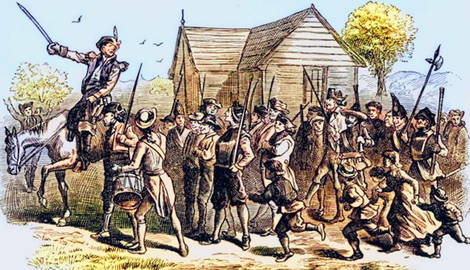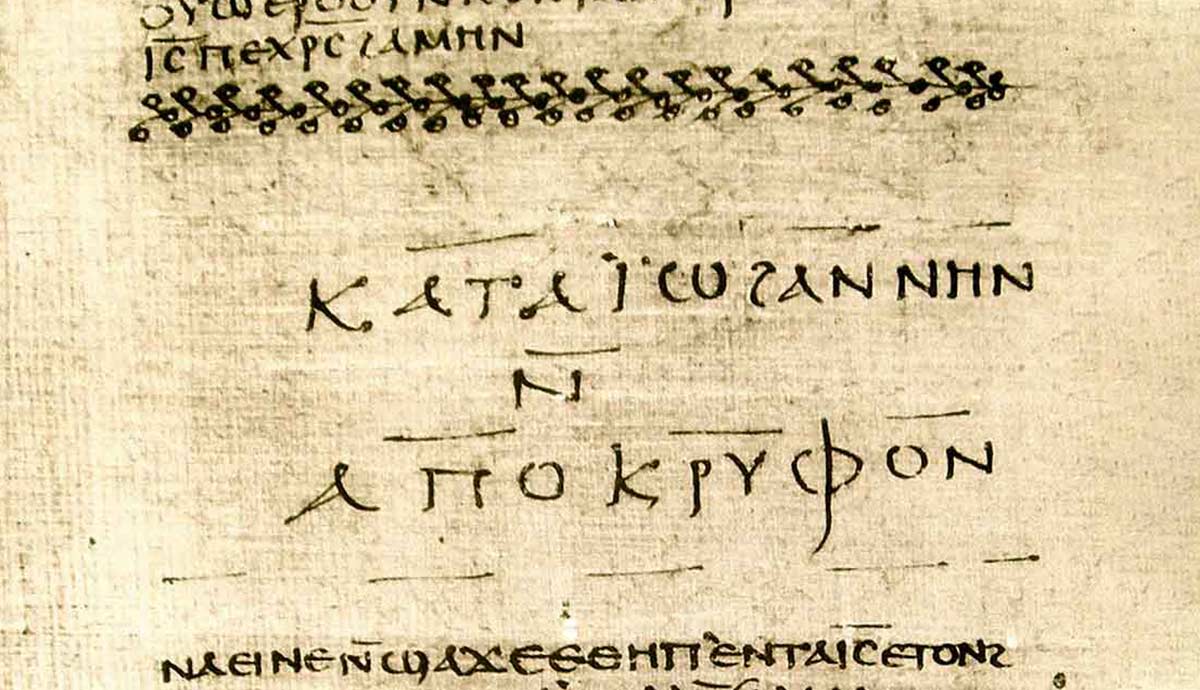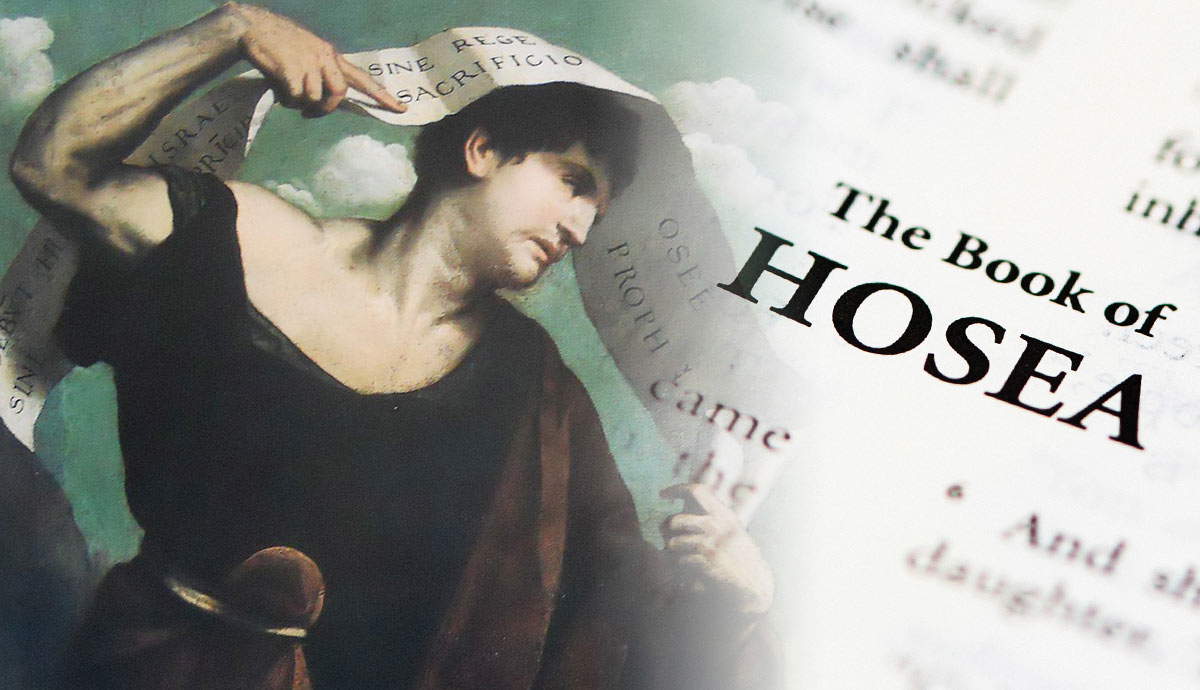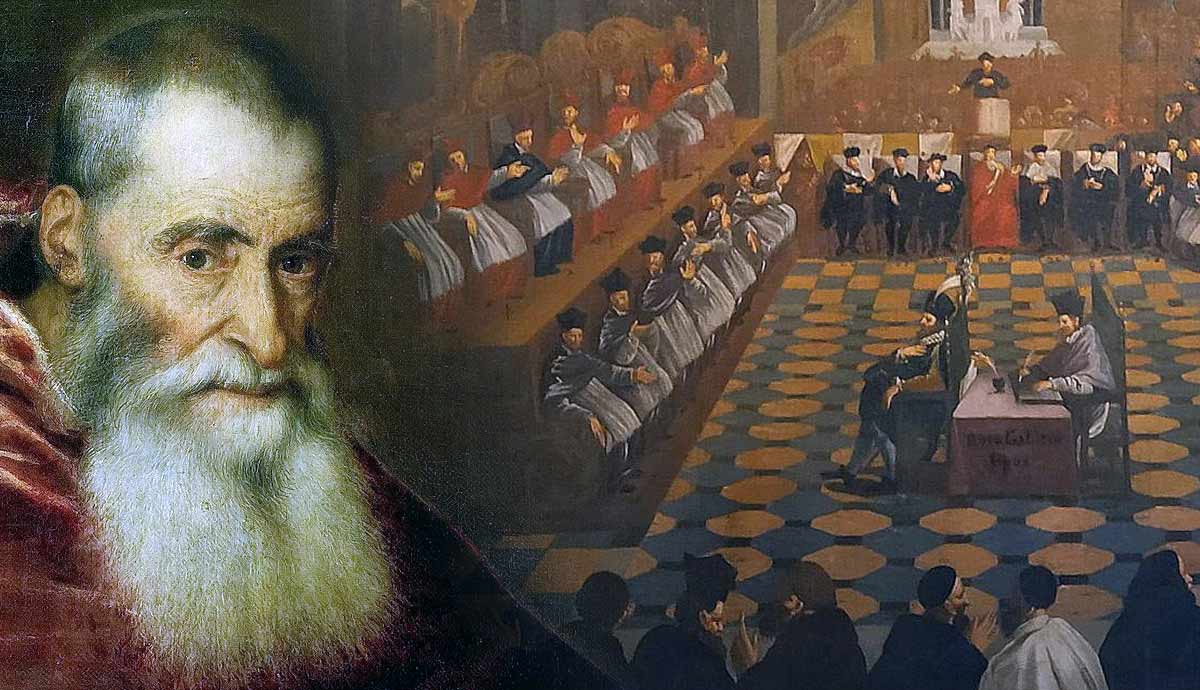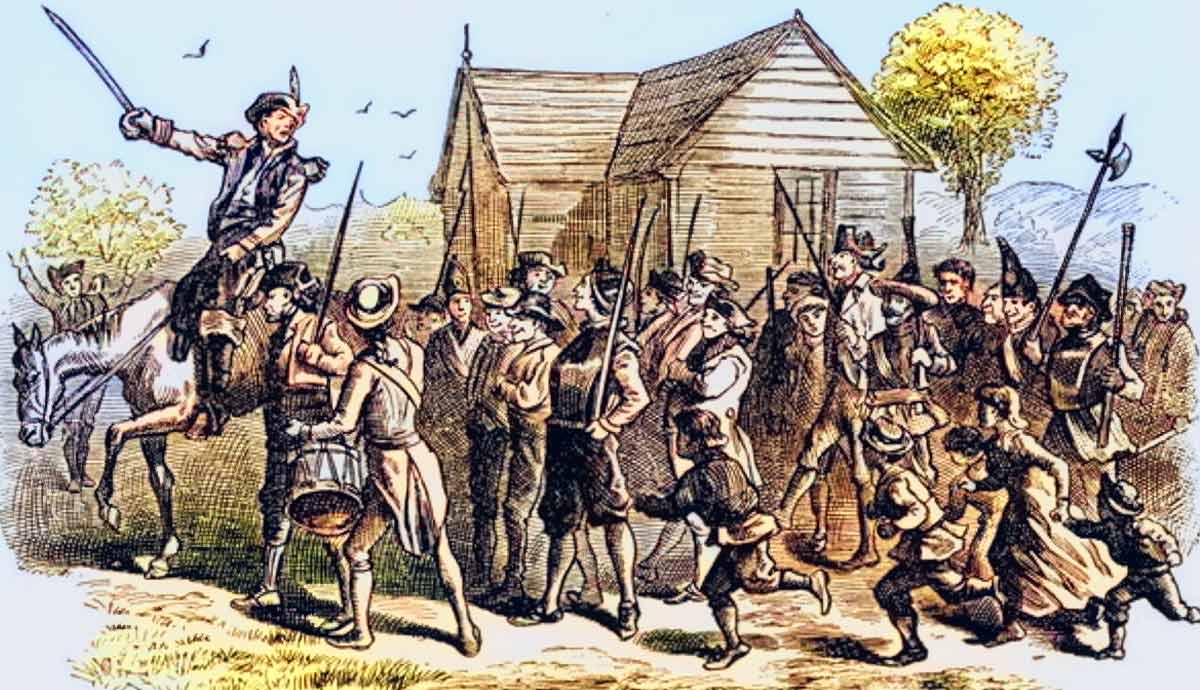
The Puritans were the Protestant religious movement in England throughout the 17th century that sought to “purify” the Church of England from its Roman Catholic influences. They wanted to remove so much of the Catholic influence, that they had some practices even the most fundamental Christians today may find curious and even appalling. We delve into their history to find out more.
Did the Puritans Celebrate Any Holidays?

Religious celebrations were far more limited under Puritan influence than under Roman Catholic rule. But this rationale was not because the Puritans were against people having fun or celebrations in general. The Catholic liturgical calender, which had prescribed celebrations, saints days, and feast days, had from 40 to 60 days set aside.
Added to these days were also days set aside for fasting, to a point where some areas were overburdened with such strict observance. Reformers throughout Europe pushed back against these days and practices, believing that the only day prescribed in scripture for religious service was Sunday, the Lord’s Day. Over the next couple of centuries, Protestant Europe would waver back and forth between the two positions.
Were Sundays and Other Religious Days Important?

In England and in the American colonies in the 1600s, the idea that Sunday was the only day of religious observance never completely took hold, but was enforced at various times and places depending on who was in charge at the time. The Plymouth colony, inhabited by Puritans who called themselves Separatists who wanted to separate from the church of England, prohibited Christmas and other holidays. In England in 1647, just before the Protectorate under Oliver Cromwell was instituted,
Parliament banned Christmas, Easter, and other holidays. The ban was kept in place until 1660 at the restoration of the monarchy, which also took back the religious authority.
What Did the Puritans Do for Entertainment?

Despite the fact that many forms of dancing, gambling, and theater were prohibited by the Puritans at various times and places, Puritans still found other methods of personal enjoyment. For instance, Puritans tended to not be teetotalers. Brewing was a common practice, and taverns in towns still served as important meeting-places. Music and poetry were not uncommon. Sermons and religious discussions were not were even enjoyable in the right places with the right people.
Serious Puritans were not opposed to personal enjoyment, if applied in what they saw as a Biblical manner. “Recreation belongs not to rest, but to labor, and it is used that men may by it be made more fit to labor,” as one Puritan wrote, focusing not on recreation for its own sake, but with a greater purpose.
Did Puritans Think Sex Was Bad?

Possibly most interesting of all, Puritans were not against sex, and actually took a different view of it than Catholicism. Some Catholic beliefs, for various reasons, promote virgins as being more spiritually pure than otherwise – a great example is the grail myth where only Sir Galahad was able to obtain the holy grail when others could not because of his virginity.
Puritans rejected all of that. Sex was seen as good and necessary, from a Biblical perspective – it produced children, and, within the confines of marriage, brought a husband and wife closer together. A record even exists in 1600s New England of a man named James Matlock, whose wife brought him to the church for refusing “conjugal fellowship,” a sin for which he was excommunicated.
